16 Jun Auto HVAC System: Troubleshooting Tips
 With temperatures rising annually, driving around in your car without air conditioning can be extremely unpleasant. Being stuck in traffic on a hot day without it can even be dangerous. Once your body’s core temperature reaches 104 F, you can suffer from Heat Stroke. If the air conditioning in your car has stopped working, it’s essential for your health and comfort to get it fixed. Schedule an auto HVAC system diagnostic appointment to ascertain if the problem is leaking refrigerant, a blocked A/C condenser, or a dirty cabin air filter.
With temperatures rising annually, driving around in your car without air conditioning can be extremely unpleasant. Being stuck in traffic on a hot day without it can even be dangerous. Once your body’s core temperature reaches 104 F, you can suffer from Heat Stroke. If the air conditioning in your car has stopped working, it’s essential for your health and comfort to get it fixed. Schedule an auto HVAC system diagnostic appointment to ascertain if the problem is leaking refrigerant, a blocked A/C condenser, or a dirty cabin air filter.
How Does The Auto HVAC System Work?
An automotive air conditioner has three main parts (condenser, compressor, evaporator) and a handful of secondary components. The way they all work together is pretty complex. If your vehicle’s HVAC system works intermittently or stops working altogether, there may be more than one issue to address.
Troubleshooting Tips For Auto HVAC System
Troubleshooting common Auto HVAC system problems without specialized equipment can be difficult. It often requires scheduling a diagnostic service with a qualified technician. Here are some common auto HVAC system problems and how to spot them.
Leaking Refrigerant
Leaking refrigerant is the top reason your vehicle’s air conditioning stops working. Refrigerant leaks can happen at any of the hoses or connections between the various components. Low refrigerant levels may cause damage to the other HVAC components. Since the HVAC system is a closed pressurized system, you cannot check the refrigerant level like you can with oil or coolant levels. A qualified service technician uses a UV leak detection kit to identify the leak’s location and can suggest necessary repairs. Quickly repairing leaking refrigerant helps avoid labor-intensive and expensive HVAC repairs.
Blocked A/C Condenser
The A/C condenser looks and performs much like a smaller version of the radiator in your vehicle. It is usually mounted behind the front grill and near the radiator. The air flowing across the tubes cools the hot refrigerant. If road debris or excess dirt blocks the tubes or they are damaged, the air conditioning will blow warm or hot air. Excess debris can be cleaned away, but any damage to the A/C condenser (causing the refrigerant to leak) cannot be repaired and will require replacement.
Broken Compressor
The compressor’s primary function is to keep the refrigerant moving through the HVAC system, like a pump. It comprises several moving parts that are subject to wear. Faulty seals cause refrigerant leaks, the clutch can go bad, and numerous switches and fuses can blow. Thoroughly testing the compressor is the only way to know if the HVAC problem is one (or more) of these parts. Depending on the test results, you may need to repair or replace components.
Faulty Cooling Fans
Cooling fans work with the condenser to cool it down. If the fans look good but are not working correctly, there may be electrical issues or a blown fuse. Replacing the fans is usually the best option if they become damaged from road debris or a fender-bender.
Electrical Issues
Electrical issues can be challenging to diagnose. Start by visually inspecting all the wiring, plugs, and fuses in the HVAC system (this information is in the owner’s manual). Repair or replace any damaged, worn, or blown components. A diagnostic service may be required if you cannot resolve the electrical issue.
Cabin Air Filter
The cabin air filter removes dust, pollen, and other air-born pollutants before they reach the interior. The filter cleans the air in the HVAC system. Locate it behind the vehicle’s glove box. If the inside of your car has an unpleasant odor, or if your vents don’t blow as hard as they used to, it may be time to replace the cabin air filter.
Auto HVAC System Service in Ann Arbor, MI
Ron’s Garage specializes in diagnostic service and auto HVAC system repair for all vehicle makes and models. Our qualified technicians can help prepare your car for all your summertime adventures.
Schedule A Service
You can schedule a service appointment on our website or by calling (734) 662-8379.
Hours: Monday – Friday, 8:00 am – 5:00 pm.

